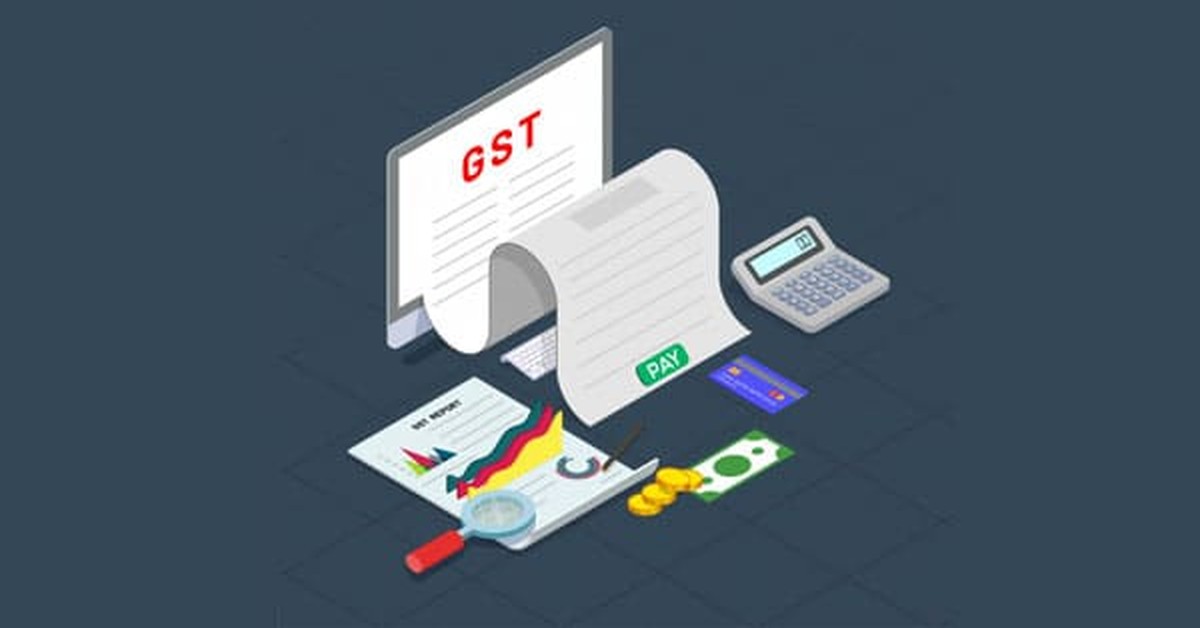It has been a long time since GST was implemented in India and now the question is asked many times, is GST really a simple Tax? If we look at this question in another way, then the real meaning of this question is- "Is GST not a simple Tax?"
See, since the implementation of GST, it was decided that it would be a double tax in which both the state and the centre would collect tax on the transaction of the same supply, so it was decided from the very beginning that GST would be implemented in the same way in India i.e. it would be a dual tax. That's why we can't test the simplicity of GST at this point. GST is a double tax, but it was the fact from the beginning, so even if the taxpayer has faced any problem due to this reason, it cannot be linked to the simplicity or difficulty of GST.
In the GST, input credit was also available on purchases from one state to another and in addition to this, the problem of collecting C forms on such sales was also freed. Before GST, there were many indirect taxes, whose number has reduced to very little and almost all of them were subsumed in GST. Refunds in respect of exports started coming very fast. It seemed that everything would be done through an automated system with minimal human intervention. Earlier every state used to make its own separate indirect laws and its systems, then dealers doing business in more than one state had a big problem, but in GST, practically all the laws and procedures are being made from the centre itself, so there is almost same taxation system is applicable in the whole country.

Even after all these qualities and good things, why is this question still asked, is GST really a simple tax? The truth is that GST was a transparent and simple tax system to be levied all over the country, which was made very intelligently, but then why did it seem that GST is not a simple but a very difficult tax system.
First of all, let us see what is really difficult, then the first names that come in our list are impractical restrictions with input credit, impractical provision like reverse charge- RCM and the uncontrolled number of Notices coming in GST at this time. If the government solves these problems i.e. gives sufficient time to the taxpayer to settle the mismatch of input credit, the Government should recover the tax which has not been deposited by the seller instead of withholding the input credit of the buyer, the effect of section 16(4) of GST is stopped in the initial years and there is some control on the number of notices issued in GST for small reasons, then it may still happen that GST can become a simple tax. The departmental audit of GST should also be done under a strict and controlled system with minimum discretionary powers. If tax is deposited by the dealer in Government exchequer through bank then why the dealer has to pay interest till filing of GST return ?
The government is implementing e-invoicing on the sale of more than10 crores, well, if we look at it from the point of view of revenue, there are many benefits, but where there is e-invoicing, there should be slight modification in it, at least where there is e-invoicing the requirement of the e-way bill should be removed. If there is E-invoicing then there should not be E-way bill. Why to double the procedures?
Apart from this, the checking is done during the transportation of goods, there is lack of transparency in it and it has the same problems as it was during the VAT regime. Remember that GST was introduced only to solve the problems of VAT and Central Excise.
Above in this article, I have written that export refunds are coming easily but the same thing we cannot say about the rest of the refunds and one thing here is that human intervention is the cause of many problems of GST which can be eliminated or reduced as it was promised at that time of introduction of GST in our country. Gradually human intervention, in the manner in which the GST procedures have been designed is increasing in the same way as it was there in the pre-GST indirect tax system. If we look at the human intervention in GST audit, GST survey, GST refund, GST notice, checking of goods during transportation, etc. it is increasing continuously as compared to the previous tax system and it has lot of side effects or including the consumption of lot of time of dealers and professionals.
Let us see what should be the change in the procedures so that this tax system becomes simple and there will be no leakage of the revenue of the Government. The time has come to make such changes as soon as possible. One thing should be noted that clarifications and amendments issued or made by the Government should also be brought as a further step to simplify the GST. Recently, we have seen that the explanation given for "Dal mills" has only increase their problems. The utility of RCM Notification recently issued in respect of residential houses is yet to be ascertained.
Those who have made this tax i.e. Lawmakers, now they will have to solve the problems and it is not difficult to do so, just to understand what the problems are, a practical mindset is needed which has been lacking since the inception. GST should have two main goals - one is to generate revenue and the other is to make doing business easy and convenient in our country i.e. ease of doing business . At this time the goal of GST should be that doing business in India become easy and convenient because the revenue to the Government is continuously increasing from GST.









 CAclubindia
CAclubindia
